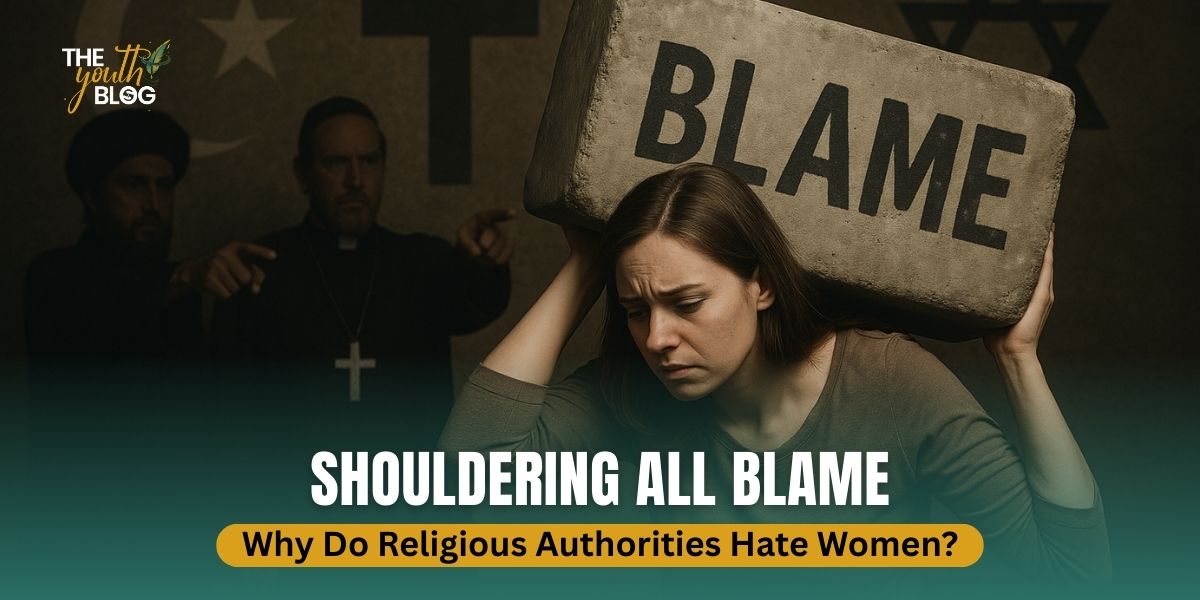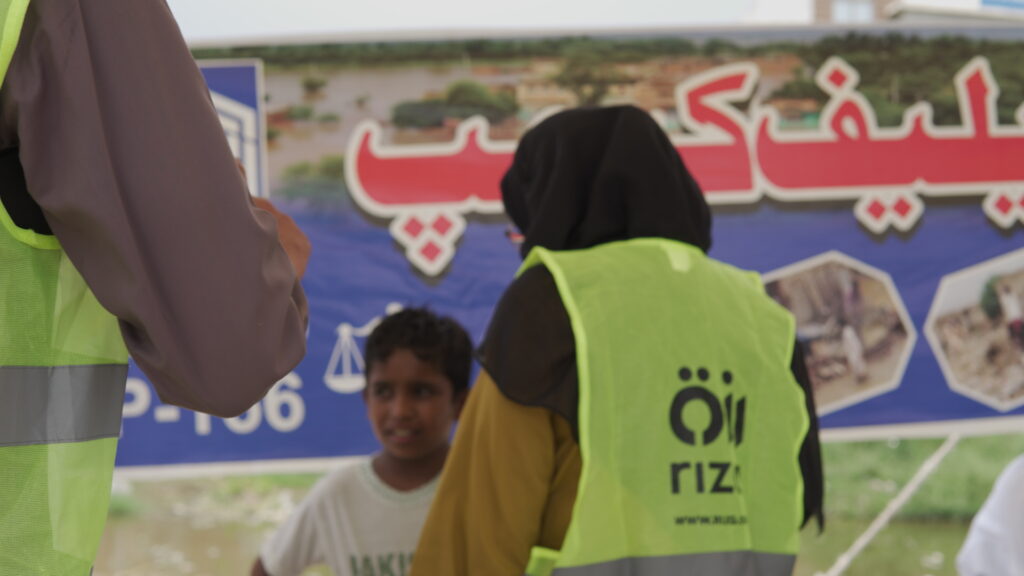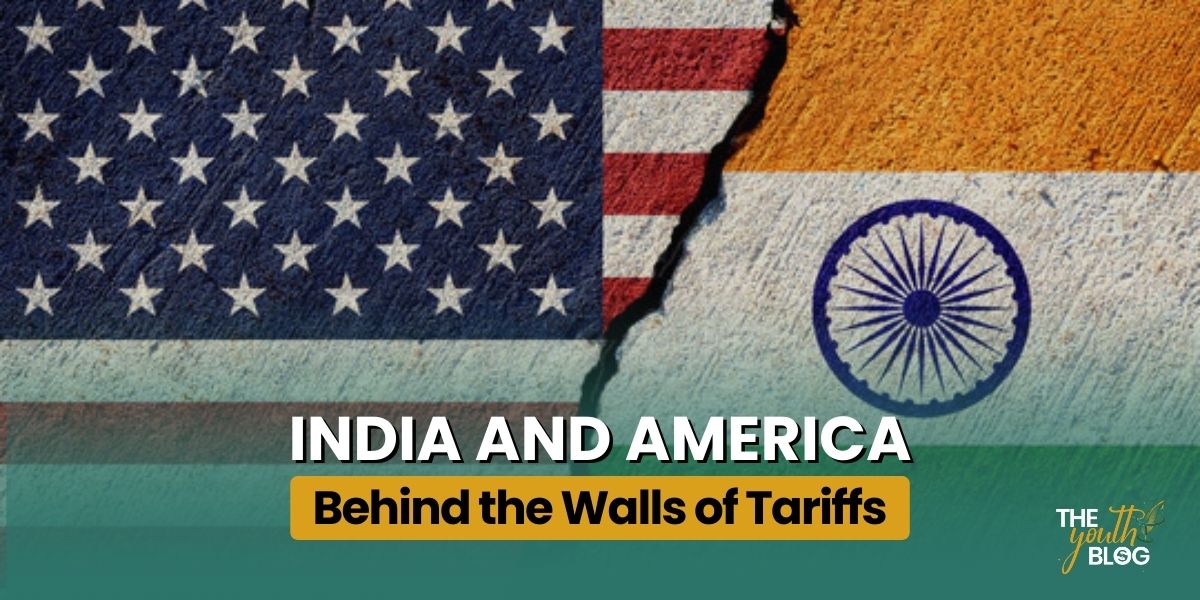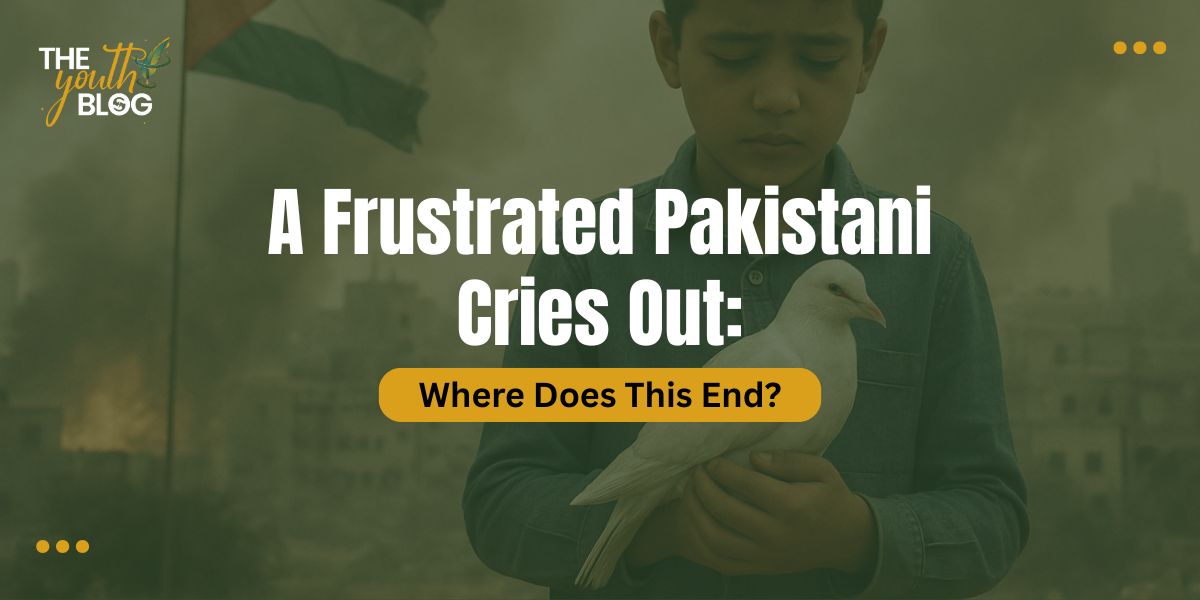
Shouldering All Blame: Why Do Religious Authorities Hate Women?
I had the chance to visit the tent-city set up for flood victims in Chung, Lahore on Friday. Less than a hundred meters away was the mosque where Jummah khutba was on-going as we distributed food amongst people who had lost everything in the blink of an eye. This was a good opportunity to bring hope to the victims by reminding them of verses from the Quran. Unfortunately, what we heard the Imam say were 25 minutes of “aurat” – their dressing, the make-up women wear, the milaads women organize, and how men are “forced” to sin by looking at these “fahaash” women.
It ended on a high note: “is tarah ki fahaashi aam ho gi to sailaab to aayein gay. sailaab-zadgaan ki khidmat zaroori hai, par wo mard karein, us ke liye aurton ko aanay ki kya zaroorat”
Days later, I cannot get it out of my mind. Why have we made Islam so hard? Why does our version of Islam allow no space for even kindness and humanity?

The Contrasts: Did We Make Our Own Islam?
I read the Quran, I read the Hadith, I read stories of the women of the Prophet’s time, and I feel proud of my womanhood. I feel empowered, I feel dignified and I feel loved. I see how Islam transformed a society which would bury daughters alive to make one where women were scholars, business-owners, nurses and administrators. I see a system where women have equal economic, legal and civil rights. A system which reformed societies long before the Enlightenment happened.
Then I look at the “Islamic Republic” of Pakistan. A land where our molvis remind us daily that we’re lesser beings – unworthy of respect, dignity or rights. A land where women need to be restricted and restrained in order to be “respectable”. Unless she follows those conditions – which continue to increase daily – she deserves anything bad that happens to her.
The Islam in the Hadith gives me the right to study, to work, to marry out of my choice, to divorce, to own property and so on. The Islam I hear in the masajids in Pakistan tell me I’m “too fahaash” for simply having an opinion.
Responsible for The Sins We Did Not Commit
There’s a fundamental difference between other religions/traditions and Islam: the onus of the original sin. We all know how the story goes; Adam and Eve ate the forbidden fruit and were expelled from heaven for this sin. While some traditions place the responsibility on Eve – and expanding on it, paint women as the “sinful” character – others use this to claim human as inherently corrupted.
Islam does neither. The sin was done by both Adam and Eve, hence the punishment fell on both. This is in-line with Islam’s philosophy that every is responsible – and held accountable for – their own sin only.
“And every soul earns [its deeds] only against itself, and no bearer of burdens will bear the burden of another.” (Quran, 6:164)
Islam also assumes that all humans – men and women – are born on fitraah – one which is on truth and purity. It is through the choices we make that we become either sinners or saints.
My question is: when Islam does not hold women responsible for sins – or punishments that fall on nations – why do we? Why are women so inherently villainized and sexualized today, that solely existing is taken as evil – something that calls for natural disasters on the country?
Selective Outrage?
Interestingly, every single reason that is described in the Quran to warrant nation-wide punishments exist in the Pakistani society. Despite being an “Islamic Republic”, shirk is prevalent: worship of saints, worship of money, worship of those in power and so on. “Homosexuality” is all too common – not just the “liberal kind”, but also the rape of children in madrassahs. An additional one that we conveniently forget is the reason why Qaum-e-Shuaib was punished: unethical business practices, and robbery.
Interestingly, right behind the mosque where this khutba was delivered was a milk shop where water was being mixed in milk before being sold!
The point to be made is not to disregard the Islamic commandments of pardah and male-female interaction, but to question why our outrage is so selective? Why do we only remember Islam when we can blame something on aurat? Why have we restricted Islam only to what women wear or do?
Read More: Finding Islam in the “Islamic” Republic of Pakistan
Misplaced Priorities
The entire Muslim ummah is currently suffering in one form or another. Palestinians in Gaza are being bombed and starved for two years by Israel, while those in the West Bank and Al-Quds are being kicked out of their houses. Rohingya Muslims are being ethnically cleansed, a genocide is on-going against Uighurs, Kashmiris and Indian Muslims are consistently being targeted. Yemen, Syria, Lebanon, Iraq, Afghanistan, Pakistan, all have – and continue to – faced the undue consequences of the “War on Terror”. Congo is bleeding, so is Sudan.
The natural disasters in the form of earthquakes, floods and heatwaves are adding on to the layers of devastation already faced by Muslims. Yes, they are reminders of the end of times. They are also signs of the wrath of Allah, and they warrant reflection by all of us. But are we missing the essence, and focusing on the branches only?
In such troubling times, should our focus not be to return to the core of the religion, and ignite the true Islamic spirit between us, rather than causing further divides?
Blood on Their Hands?
In the past few months, we have had numerous femicide cases. Sana Yousuf was murdered for rejecting a man, and her murder was celebrated because she was a “tiktoker”. She called for it.
The honor-killing case in Balochistan, the woman murdered by her in-laws, a board-topper murdered for rejecting a proposal. The list is never ending. Women are to blame whether they choose a man, or reject one.
Underneath all these murders, and countless rapes and abuse cases is one assumption: women are “objects” to be controlled, and it they fall out of acceptable lines, they are to punished.
Somewhere, in this mindset to become so widespread, religious authorities are to blame as well. These people have more power than they realize – or perhaps they do and they intentionally propagate this ideology. The constant repetition that it is “sinful” women that are the cause of all calamities perpetuates the violence against women.
Accepting Science is not Anti-Islam
Individuals aligning to any religious belief always find reasoning in faith and religion. However, a stand-out feature of Islam had always been its acceptance of knowledge and science. The Prophet himself appreciated – and advocated for – technological advancement and knowledge-building. Developing an understanding of the laws of universe is a means of getting closer to the Creator of the Universe. This is what allowed Muslim scientists and intellectuals to advance in knowledge.
Unfortunately, our scholars today avoid “worldly” knowledge like plague. Islam is not opposed to technologies, but the “thaikaydaar” of Islam are.
One can simultaneously accept that disasters are a form of punishment from God and see to fix their aamal, while also advocating for solutions to climate change, and inviting people to lead more sustainable lives and urging governments to take action against factors contributing to climate destruction.
The Prophetic Way
Today, we witness all the practices that Quraish had before the dawn of Islam. As the followers of Muhammad (PBUH), it is incumbent upon us to act and bring the Islamic form of life back into action. However, in doing so, we must follow the Quranic and Prophetic way of inviting people to Islam. We must be mindful that rules and prohibitions come at a later stage. The majority of the Makkan period of Quran is filled with the concept of Tawheed, and the lessons from the previous nations. It is in Madni period of Quran that had all the rules regarding family life, diplomatic ties. prohibitions on food and drinks and so on.
It is not to say the rules should be ignored, but rather to make the case that we have wandered far away from the basic understanding of Tawheed and the main pillars of Islam. The need of the hour is to revive that again in the ummah, and build truly Islamic states: those run on the principles of Tawheed and justice.
Our Imams need to bring the core values of Da’wah back: base their sermons on knowledge rather than emotions, be patient and steadfast, personalize the message to meet requirements, and lead by example. The religious leaders need to stop and question whether their Da’wah is according to the principles of the Prophet?
Would the Prophet also alienate 50% of the population through his sermons? He would never! He encouraged inputs from women, rather than restricting them from any public spaces.
A Request to Our Religious Authorities
To the Imam of the masjid in Chung – and hundreds others like him – please recognize the position Allah has given you, and honor it. You have been given the responsibility to bring people to the message of Allah and His book, please don’t drive them away from it. By spewing hate against half the population, you not only alienate the women, but also a lot of men. Your sermons are doing more harm than good.
This country is in shambles, and in desperate need of an anchor. Faith is that anchor that guides people through hardships. In these troubling times, be the voice that brings hope, not one that ignites hate.
Women are not inherently evil beings. They are not objects meant to be shoved away in the far-off corners of the house. Allah has blessed them with skills, brain and potential. Do not take it away from them.


